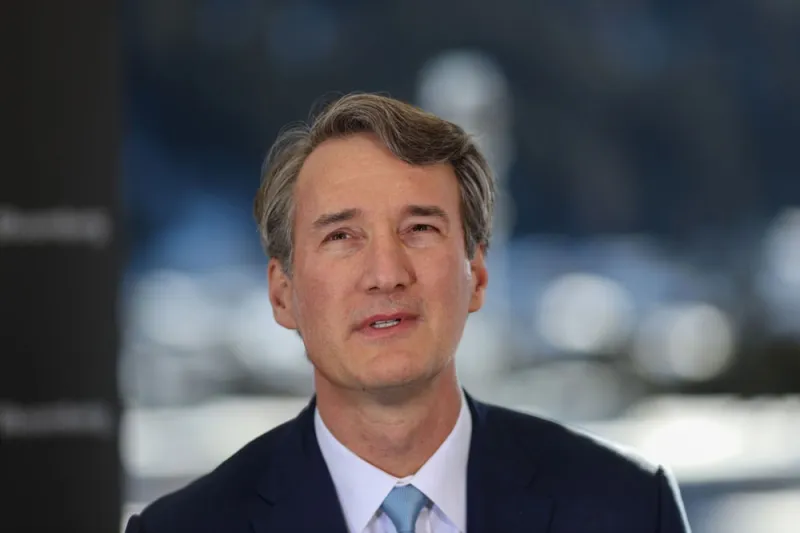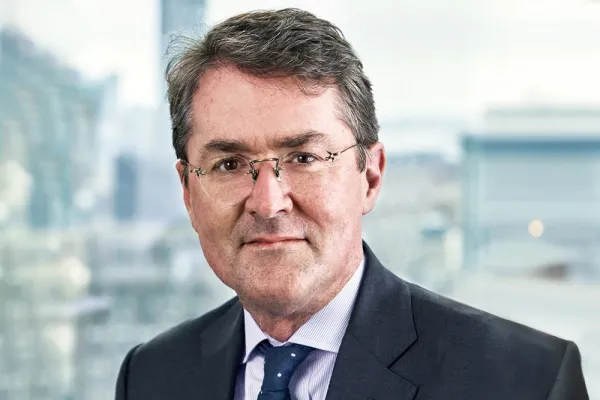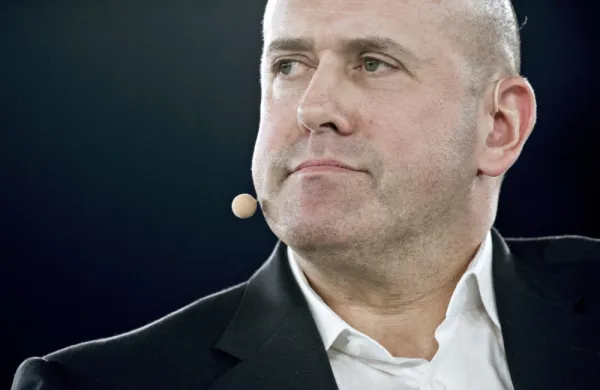Investors in private equity funds have started getting a look at the early damage done to their holdings this year as result of the economic shutdown caused by the coronavirus pandemic.
Carlyle Group said in an earnings report Thursday the value across its buyout funds dropped eight percent in the first quarter, with total assets in its corporate private equity unit falling five percent from a year ago, to about $80 billion. Blackstone Group’s chief financial officer said last week during the firm’s earnings call that corporate private equity funds declined 21.6 percent in the first quarter, as investments tied to energy dragged down their value.
“The pandemic has shocked the world over the past four months,” Carlyle’s co-chief executive officer Glenn Youngkin said Thursday during the firm’s earnings call. “It is clear that the next few months and quarters will be challenging,” he said, adding that Carlyle expects the economic recovery to progress in “fits and starts.”
Institutional investors, whose public securities were pummeled during the first quarter, have been left waiting to learn the valuation of their private equity assets. As those quarterly marks trickle in, investors such as pension funds and university endowments will have a broader view of the damage to their holdings, which will inform how they navigate the pandemic.
“Allocators are assessing the impact of this crisis on their portfolios,” Kewsong Lee, Carlyle’s co-CEO, said on the call. He indicated that they’re evaluating liquidity concerns as well as their targeted private equity allocations, which may have been become too large as the value of other areas of their portfolios fell in the sell-off.
“The shape and nature of the recovery are still unknowns,” said Lee, who expects fundraising will slow in the short term as investors assess the current environment against their own needs. “Our experience is that their pace of new commitments will slow down temporarily while they continue to fund their existing commitments.”
[II Deep Dive: Trading of Private Equity Stakes Will Plummet This Year]
Carlyle has $74 billion of “dry powder,” or committed capital, to invest across sectors in all asset classes, according to Lee. But he said the “the volume of traditional private equity investment is likely to decline significantly in the short-term.”
While structural changes in the technology and health care sectors may provide earlier investment opportunities, Lee said industries such as energy will suffer pain beyond the short term.
“The energy sector is undergoing a significant structural dislocation on both the supply and demand side that is likely to take more than a few quarters to play out,” he said. “Over the long term, we have more than $4 billion in dry powder to invest in new opportunities across our energy-related funds.”
Meanwhile, pressure on fund valuations could extend beyond a quarter as the fallout from the economic shutdowns continues to unfold, according to Lee.
The firm’s $13 billion in “fair-value” energy holdings is concentrated in industry-focused funds that are segregated by design, Lee said. “The performance and carry potential of our corporate private equity and other carry funds is independent of the results from these energy funds.”
Carlyle’s entire private equity portfolio has a “very little” energy exposure, at two percent, and less than one percent exposure to lodging and hotels, he said. Direct exposure to consumer retail is about five percent, while commercial aviation represents about seven percent of the firm’s private equity portfolio, according to Lee.
Investors probably won’t see much in the way of distributions from buyout funds in the near future. Lee expects deal exits will be “put on hold” as initial public offerings are delayed and sales processes are paused during the pandemic.







